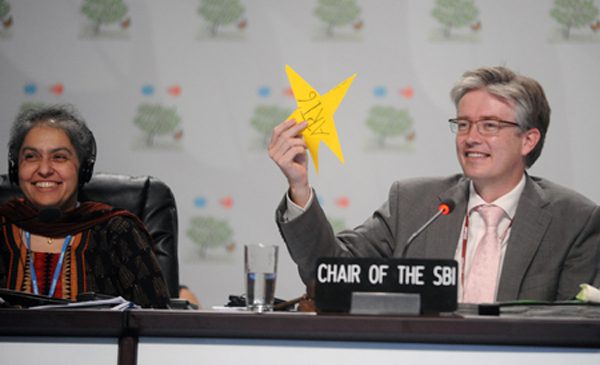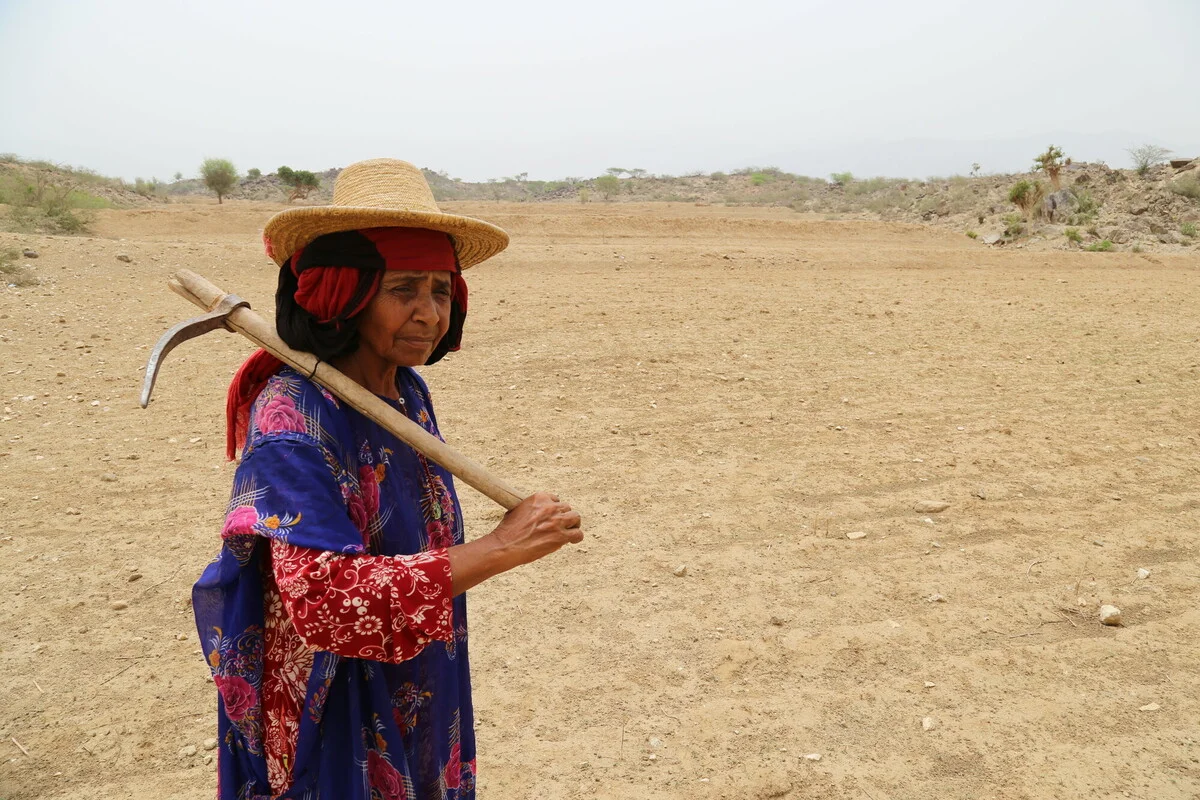As the second weeks of climate talks start here in Cancun we are looking forward to a week when decisions can be made and steps taken to move us forward in the seemingly endless unfccc process. A week when we can start walking the path to a better, cleaner, fairer future. Of course not everyone is optimistic, some say the UNFCCC is an impossible process, that the consensus model of decision making means we will never be able to make decisions, that nothing can ever be achieved here.
Some say that there is no point us being here, that it’s all about politics, that civil society voices have no effect whatsoever on what is going on inside these rooms. Last week the youth here in Cancun proudly proved these theories wrong.
Since the June round of talks in Bonn this year, young people have been tirelessly working on a section of the negotiations known as Article 6. They have been lobbying, doing actions and galvanising the media to cover the story.
Now Article 6 doesn’t sound so exciting, but actually for young people it’s a vital section of these negotiations. Because Article 6 deals with formal and non formal education, awareness raising and public participation. Basically how we as young people are taught, learn, teach each other and take part in issues relating to climate change.
A pretty big deal.
“Investing in education and young people today is investing in the future. And unlike some of your other investments, we can promise you high returns.” – Article 6 youth working group.
Last week here in Cancun the text of Article 6 came up for review, and things were tense. The time allocated to discussion was cut, it was therefore looking likely that even though young people had already managed to shape the text and insert our views, there would simply not be time to get consensus on the decision. The chair of the group was even heard to say that if they could get a COP decision in 90 min then everyone would deserve a gold star.
Well on Saturday night, the young people here were proudly able to present the chair of the group, and all the delegates who had supported them, with gold stars.
The negotiating session started tensely and for a while got caught up in other issues, but then one of the parties drew attention to how many young people were in the room and politely suggested that that they get to the issue that they were waiting so patiently to hear discussed (this got a rather loud cheer). There then followed some wrangling and blocking from the U.S.A. over one word of the text, but when the Dominican Republic politely asked them what needed to be done to reach consensus they finally stepped aside.
As time ran out, and with the next set of people banging on the door, the Article 6 text was passed, complete with all the language young people had fought for so many months to get included.
Young people had taken our lives in our own hands and shaped the outcome of the UNFCCC. Young people had proved that this is possible.
On Saturday night a COP decision was made, a gold star given, and a whole group of young people changed the course of the UNFCCC, and in doing so changed the lives of millions of young people around the world.
As we enter a second week of negotiations we need to remember this. Yes we can(cun)!
Anna Collins is the United Kingdom Climate Tracker for the Adopt a Negotiator project



